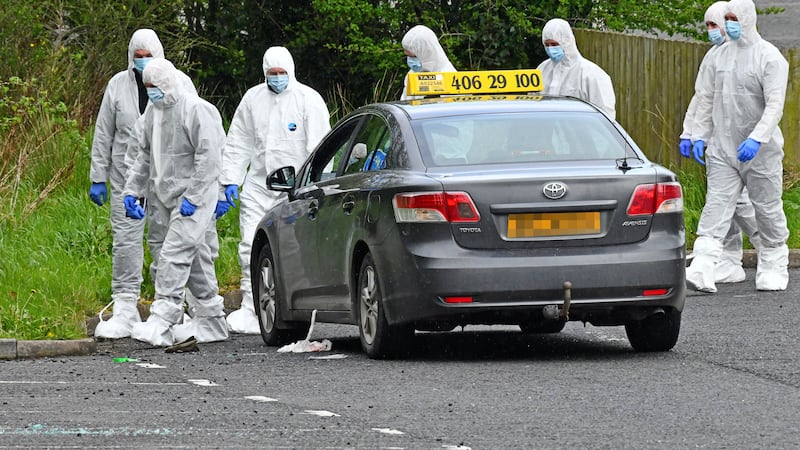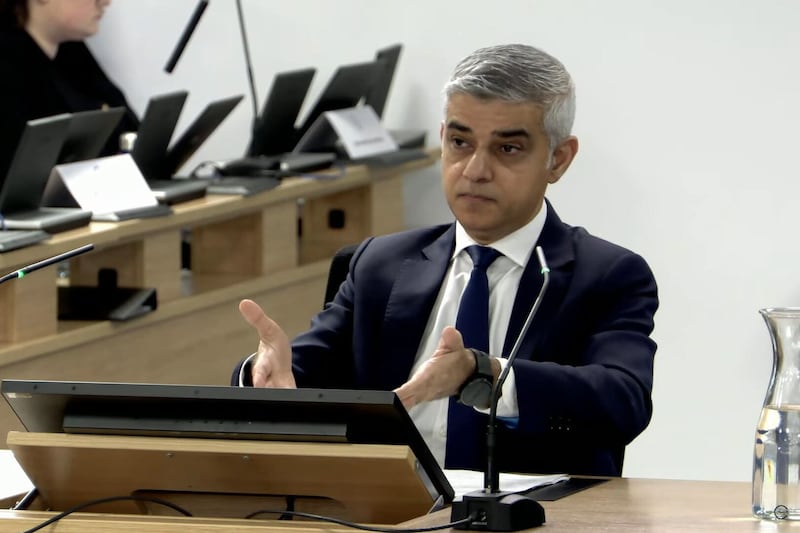STARK differences between Covid death rates and easing of restrictions either side of the border show an all-island agreement has been "torn up", according to a public health expert.
With the Republic set to relax regulations next month while circuit breaker lockdowns are being discussed for Northern Ireland, Professor Gabriel Scally said the north's poorer outcomes in this latest wave were "incredible".
He insisted however there should be no further lockdowns or school closures, saying they were avoidable if Stormont leaders and health authorities planned properly in the months ahead.
The north's current death rate is three times higher than the Republic. Its death tally per head of population has also been the highest in Europe for months, with Greece having just overtaken it slightly.
The Republic had one of the strictest and longest lockdowns in western Europe while its vaccination rates are now at a record high. Thousands of citizens returned to office work this week for the first time in almost 18 months.
Professor Scally said there was a need to get the virus under control in Northern Ireland and called for a "three-pronged approach".
"The first should deal with prevention, with a strong focus on ventilation - we know the virus is airborne - as well as major revamp of vaccination. The third thing is control and getting on top of cases through the local public health people. We know this will all happen in the south," he said.
"There is no reason why there should be further lockdowns. If the executive has to go for serious closures, they should be completely ashamed of themselves. They will be responsible because they have not taken the steps needed to ensure it is avoidable - because it is avoidable. We're going into winter and it requires substantial effort.
"The south has similar problems to the north in terms of nursing shortages and hospital pressures but they're doing things differently - that doesn't mean their politicians won't make errors in the future. But they are in a very good place due to that broad-based appoach."
A supporter of an-island strategy from the outset of the pandemic, Prof Scally pointed to the drawing up a cross-border Memorandum of Understanding last year between the two health departments in which they expressed "mutual willingness to promote cooperation and collaboration" in tackling the virus.
The April 2020 document referred to Covid-19 "not respecting borders" and stated there is "therefore a compelling case" for "strong co-operation" including information-sharing and, where appropriate, a "common approach to action in both jurisdictions".
"Whatever happened to this Memorandum of Understanding about 'harmonisation' north and south. They have completely torn up that agreement between north and south - there's no harmonisation to be seen," he added.
While more than 88 per cent of the north's population has received a first vaccine dose, a quarter of 18-29 year-olds have not.
The vast majority of ICU patients (72 per cent) are not fully vaccinated.
Despite major drives to encourage uptake and promote continued social distancing/hand washing protocols, Professor Scally expressed concerns about the north's "inconsistences" in its messaging.
"Stormont were seen as always following what Westminister says. Like it or not that will alienate some people. With that they're bringing in inconsistencies about the vaccine, saying it isn't okay to give it to under-18s and then doing something else a few weeks later," he added.
"In Dublin, the Chief Medical Officer Tony Holohan is very clear in his messaging and is also seen as someone who is very separate from ministers. He wasn't to blame for the loosening of restrictions last Christmas when thousands of people died. It is having that trusted public health figure. They don't always get it right but Tony Holohan has done really well."






